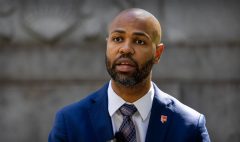Why the prayer ban verdict signals a grim future for UK Muslims
June 8, 2024 2024-06-17 21:50Why the prayer ban verdict signals a grim future for UK Muslims
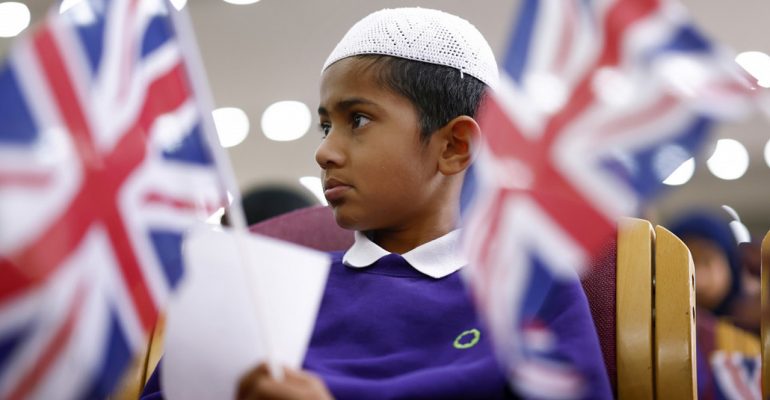
Why the prayer ban verdict signals a grim future for UK Muslims
The Michaela school prayer ban shows how, under Prevent, activism to practise faith in everyday life will be interpreted as Islamist extremism
Last month, when a Muslim pupil who wanted to pray at a school in northwest London during her lunch break was prohibited from doing so, she and her family legally challenged the school’s prayer policy – and lost.
After a two-day hearing, a high court judge upheld the school’s prayer ban. The judge ruled that the ban did not interfere with a pupil’s right to practice religious freedom freely and that the ban was justified because prayer conflicted with the school’s ethos.
The Michaela school verdict has generated a barrage of reactions. Opponents have pointed out that the prayer ban fails to uphold fundamental human rights enshrined in domestic and international law and that it sets a “dangerous precedent” for both religious freedom and inclusivity in UK schools and beyond.
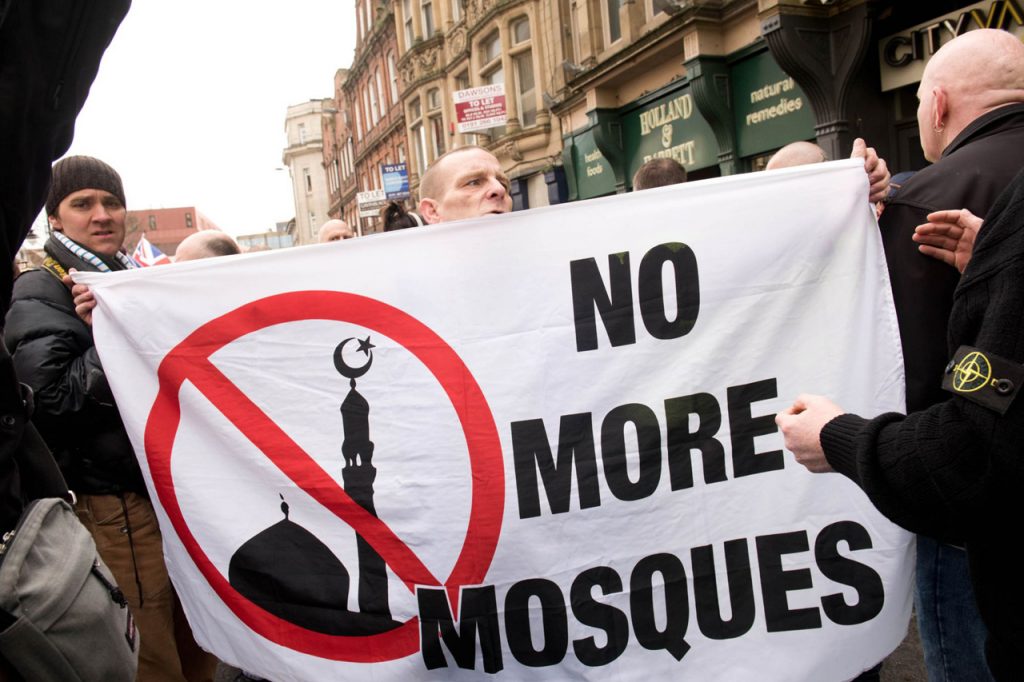
What has not yet been explicitly pointed out is the proverbial elephant in the room: the Michaela school verdict predicts a grim future of repression of “Muslimness” in UK schools under the new Prevent programme.
For Prevent, Islamism is an ideology of extremism. Islamism yields terrorism. Islamists are extremists. Islamists are potential terrorists.
However, for many human rights and anti-racist advocates, the new focus of Prevent raised questions about what counts as Islamist extremism. The Michaela school verdict answers that question.
‘Islamist extremism’
“Islamist extremism” has become the new target of Prevent. Following the recommendations of the Shawcross review, a new version of Prevent, which is part of the UK’s counter-terrorism strategy, has been in effect since 2023.
Seeking the same objectives of targeting the “ideological causes of terrorism” as its previous policy iterations, the 2023 version of the Prevent policy takes “Islamist terrorism” as the “primary domestic terrorist threat” to the UK and its interests.
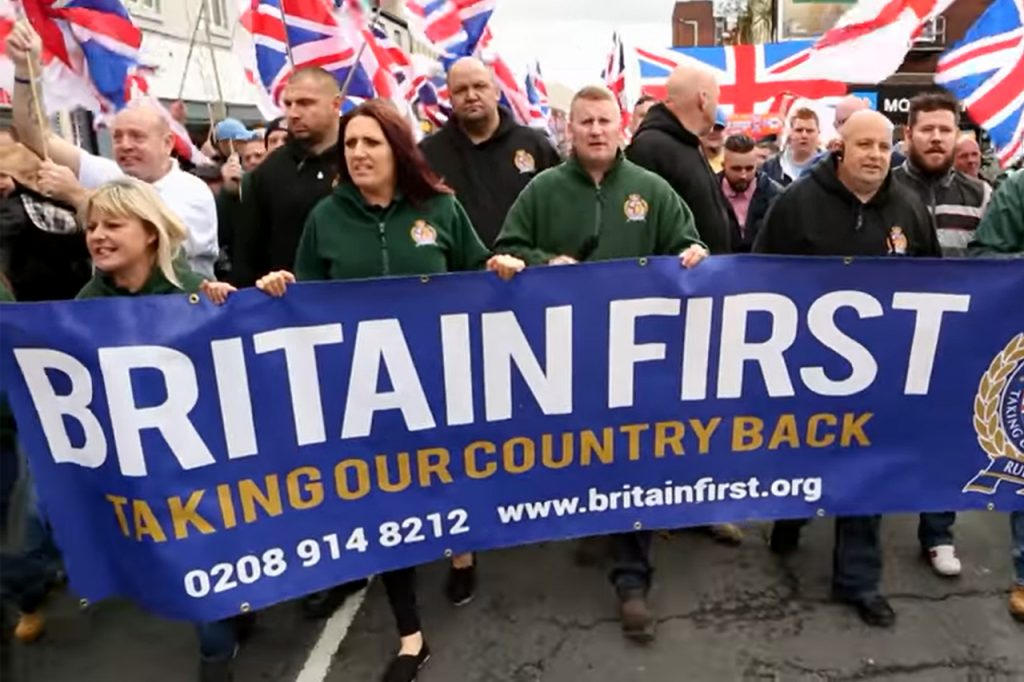
Micheal Gove, a senior cabinet member, has depicted Islamism as a political project that seeks to supplant British values with so-called Islamic values. The far-right commentator Douglas Murray described Islamism as the force that has put Europe on a trajectory towards becoming Eurabia, or a colonised outpost and subjugated vassal state of the Islamic world.
Being Muslim
The Michaela school prayer contest has been described as a struggle between Islamist extremism and UK values. In other words, it is an ideological battle against Islamism.
Telegraph columnist Nick Timothy described Muslim efforts to challenge the school prayer ban as the kind of Islamist extremism that has turned schools and other public institutions into a “battleground” where the “Islamisation” of public spaces is fought.
For Timothy, Muslim pupils who want to pray at school embody political Islam.
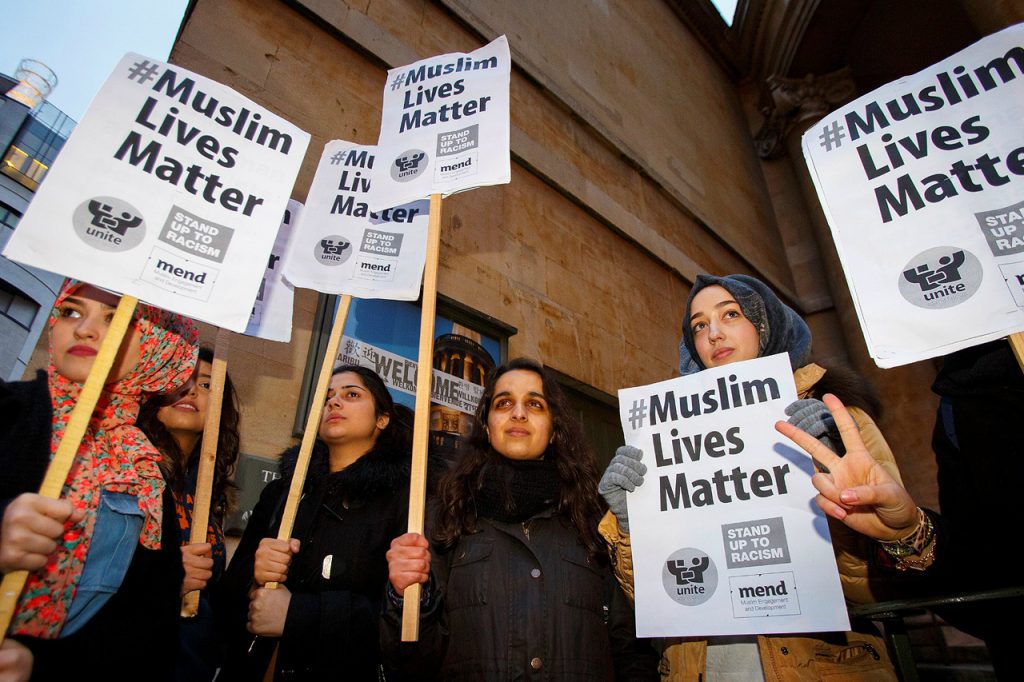
The neo-conservative think tank Policy Exchange has long cried foul of Muslim political mobilisation, decrying Muslim efforts to be able to publicly practice Islam as attempts to create a society that is in strict conformity with religious doctrine – the so-called objectives of political Islam.
Indeed, when Muslim governors and teachers in Birmingham schools pushed for and accommodated Muslim practices such as prayer, Friday congregation, gender-segregated physical education, and so forth, they were accused of being part of a Trojan Horse operation, a stealth operation to supplant British values with so-called extremist values – again, the so-called objectives of political Islam.
What the Michaela prayer controversy crucially tells us is how Islamist extremism will be interpreted under the new Prevent: as Muslim activism that seeks the right to practice faith in everyday life.
Repressing ‘Muslimness’
Legally enshrining the view that Muslim requests for faith-based accommodation are not legitimate political activism but the political expression of a will to overthrow British values, the Michaela prayer verdict portends a grim future for practising British Muslims under Prevent 2023.
More importantly, it spells a dark future in which Muslim mobilisation to practice faith in schools is seen as an expression of political Islam.
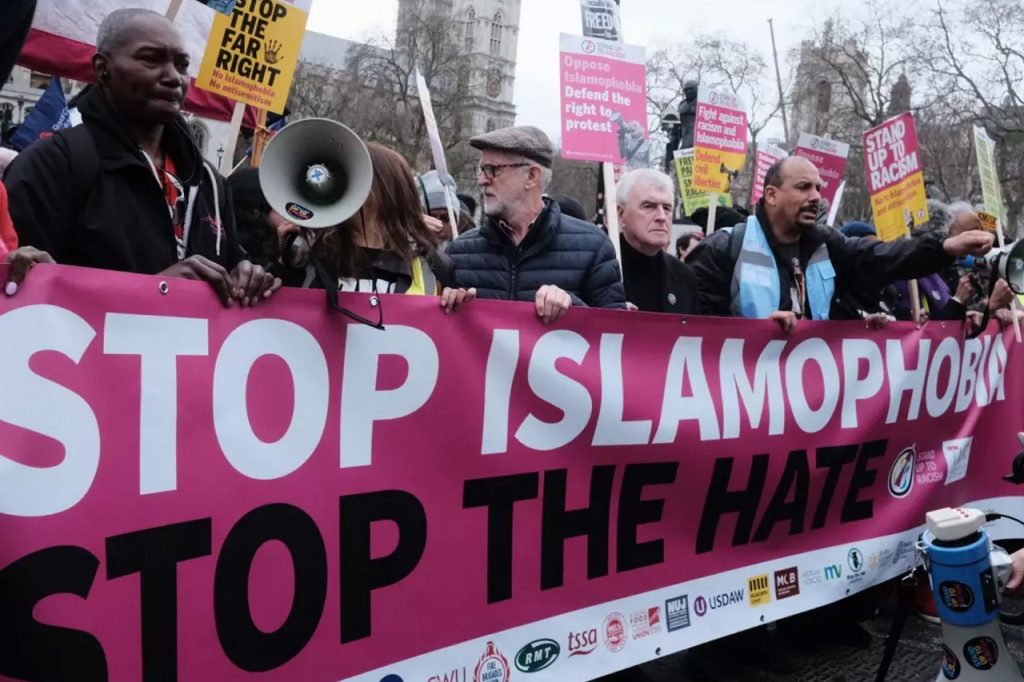
While being Muslim in school will continue to be equated with extremism, after Michaela, any mobilisation by pupils to be publicly Muslim will be interpreted as an Islamist activity.
In this Prevent context, the Michaela prayer verdict suggests a new trajectory in the securitisation of Islam and “Muslimness” in schools in the coming years.
Source: Middle East Eye




